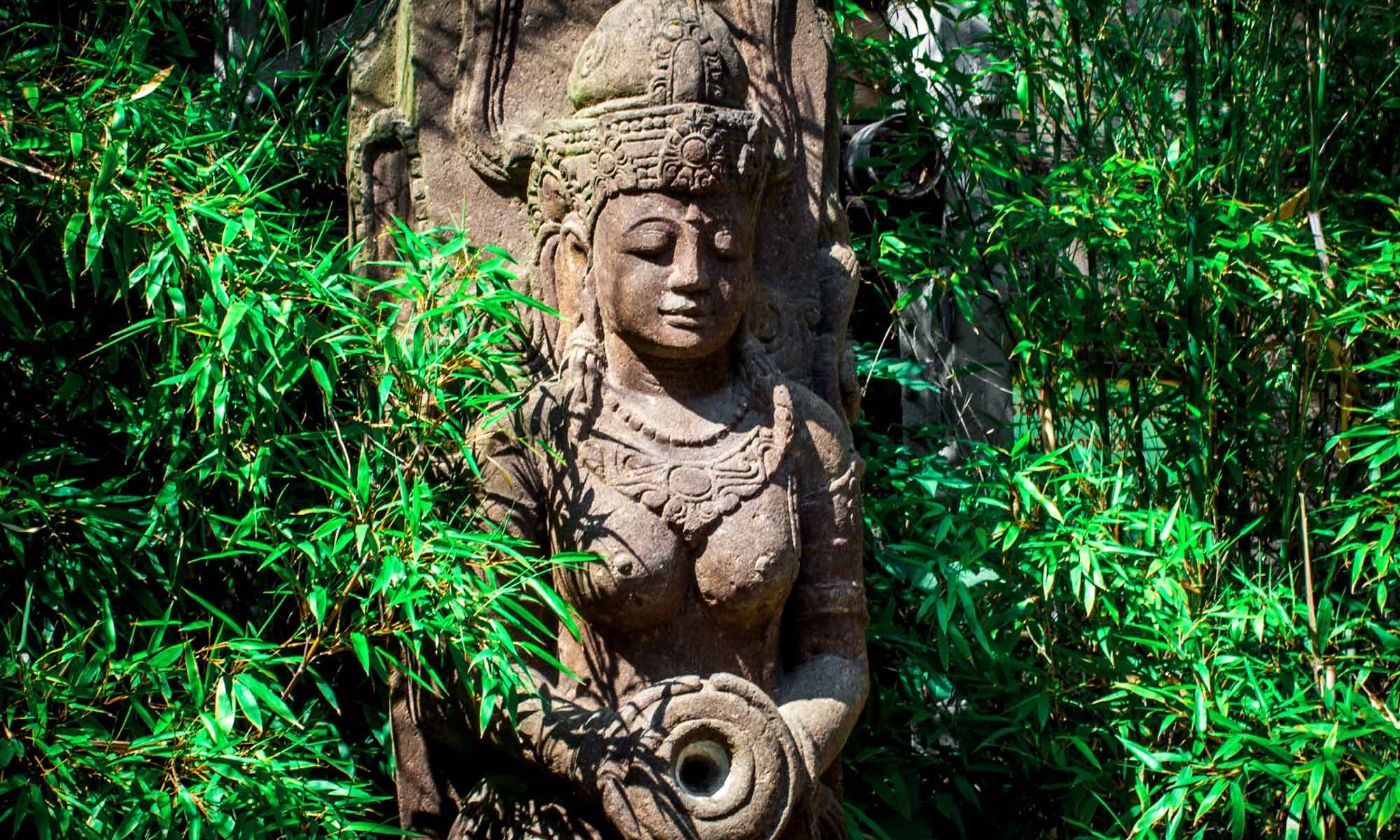“Why Brigit was Born at Faughart, Co. Louth”
with Dr. Mary Condren
Thursday, February 22, 2024 at 12 NOON Eastern Time
REGISTER HERE

Following many calls, the Irish government recently instituted a Public Holiday in honour of Brigit: saint, outlaw, goddess, peace weaver, whistleblower, poet, healer and smith worker. As though a long- suppressed substrate had just been unleashed, unlikely combinations of feminist, post-feminist, pagan, goddess devotees, christian, post-christian, atheists, and agnostics collectively gathered offering unprecedented artistic, poetic, musical and ritual forms to celebrate the day. Apart from explicitly Christian events, the question Who is Brigit? was largely ignored.

Focussing on the question, “Where was Brigit born?” this presentation will explore her relationship to Faughart, County Louth, one of the oldest ritual sites in Ireland, where shadowy figures, such as Flídais, Bláthnait, Monenna, and the Cailleach persist to this day. Many battles, mythic and real, took place at Faughart. In Saint Brigit’s birth stories, could another battle have been fought, that between indigenous ritual traditions, and the emerging Christian church? Did Saint Brigit’s birth at Faughart signify both its matristic importance, alongside the parallel importance of subjugating Irish indigenous traditions, in the interests of an emerging patristic world order?

Mary Condren Th.D., has degrees in theology, sociology, and social anthropology from the University of Hull; religion and society from Boston College, and a doctorate in religion, gender and culture from Harvard University. She is a Research Associate in Women’s Studies at the Centre for Gender and Women’s Studies, Trinity College Dublin; a former Research Associate in Women’s Studies at Harvard University, and has published widely on issues of feminism and religion, and on the interrelationship between religion, violence and gender.
Mary is the author of The Serpent and the Goddess: Women, Religion, and Power in Celtic Ireland. She is currently completing books on the roles of women and men in the sacrificial social contract. Mary is also the National Director of Woman Spirit Ireland – The Institute for Feminism and Religion aims to explore a prophetic approach to feminism and religion, inclusive of many traditions and the emerging consciousness in Ireland. The Institute provides opportunities for women to reclaim religion by engaging theoretically and experientially with the issues of feminist theology, ethics, spirituality, and ritual.
~~~~~~~~~~~~~~~~~~~~~~~~~~~~~
Save the date for this upcoming ASWM Salon:
Matriarchy in Bronze Age Crete: Perspective from Archaeomythology and Modern Matriarchal Studies
with Dr. Joan Cichon
March 7, 2024 at 3pm Eastern Standard Time

The Salon recording will also be available to members after the event.













You must be logged in to post a comment.